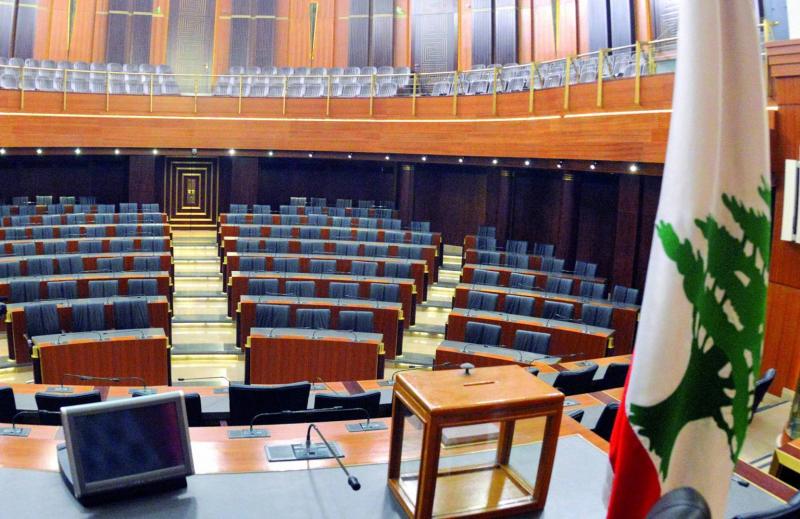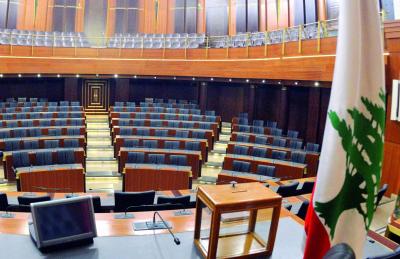The door to surprises that remained open until yesterday morning was closed with the official announcement of the parliamentary election results, which were declared yesterday across all electoral districts. There are no longer any ambiguities available for any team to exploit in hiding losses or mistakes. Although the general picture of the elected council, which includes both old and new members, became somewhat clear before the official results were announced yesterday, the results from the three districts in the North and Beirut II solidified a completely different image of the new parliament. What characterizes this new parliament first and foremost is that it has removed the March 8 majority from power, conclusively diminishing their numbers so that the Shiite duo, along with their ally "the Free Patriotic Movement" and their other allies, no longer hold the majority, now reduced to about 59 MPs.
Furthermore, despite the rush of "Free Patriotic Movement" leader MP Gebran Bassil to boast that his "movement" has the largest bloc in the elected council, it was evident that he was engaging in denial and accusing his opponents of a "mock victory," ignoring the significant setback he faced and the stronger Christian penetration achieved by the "Lebanese Forces," which increased its size from 14 MPs to 18 MPs without allies, while the size of Bassil's bloc decreased by at least nine to ten seats, leaving it with 18 members without allies.
According to "An-Nahar," the third characteristic of the new council is that it is poised, with its rediscovered and new alliances, to break the exclusive duality between traditional majorities and minorities that had been entrenched in the clash between the March 14 and March 8 camps. It is also established that the total number of alliances that emerged from the March 8 axis and the previous majority that these elections carried into the elected parliament constitutes a new majority, with its members amounting to approximately 69 MPs. However, this distribution of alliances does not yet allow for the delineation of a single front for the new majority, as it is divided into three main blocs: First is the bloc that includes the sovereign groups, which is the largest, led by the "Lebanese Forces," followed by the Progressive Socialist Party, the Kataeb, and the "independent" MPs previously associated with the sovereign coalition across various regions. Second is the new coalition arising from the October 17 uprising and civil society movements, which includes more than 14 new MPs. Third are the independent MPs, both old and new.
Therefore, the newly elected council appears to be facing a different experience, making it difficult to definitively determine what mechanisms will characterize the power distribution and whether there will be a unified framework for all these blocs in confronting the Shiite duo alliance and the "Free Patriotic Movement." Naturally, the election of the council president and the formation of a new government will be the first immediate challenges that will delineate the initial framework for the new council's operations. It is notable that with the completion of the official results announcement yesterday, the successive fall-outs continued within the March 8 camp, which lost the majority of "Syrian symbols" following the confirmed loss of Faisal Karami in Tripoli, joining other previous figures, raising further questions and doubts about whether this is a result of the decline and weakness that has affected this axis or if there are underlying reasons related to the Iranian and Syrian influences among their followers in Lebanon.




